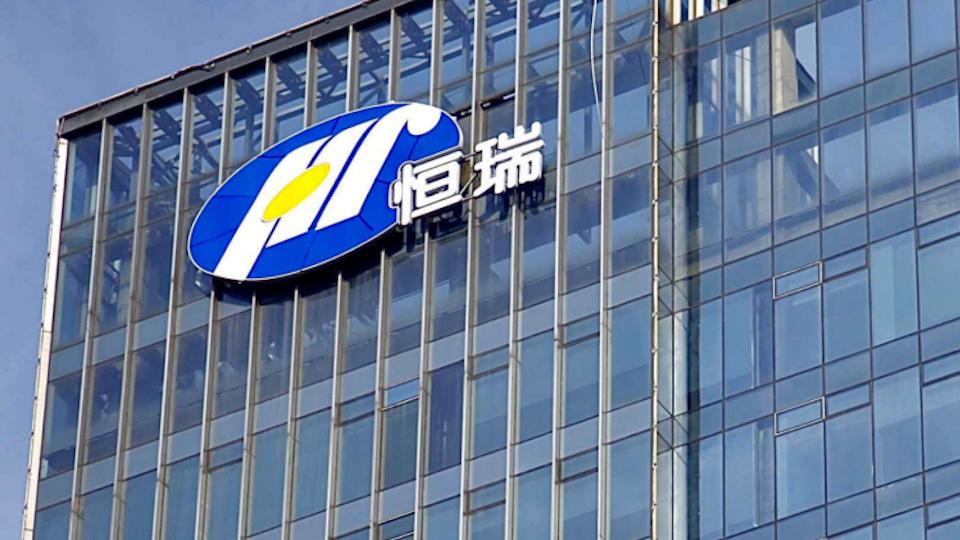Astellas claims EU okay for first claudin 18.2 cancer drug

The EU has followed Japan and GB in approving Astellas' first-to-market claudin 18.2-targeted therapy Vyloy, clearing it for gastric and gastroesophageal junction (GEJ) cancer.
Vyloy (zolbetuximab) has been given the go-ahead for use in combination with chemotherapy for the first-line treatment of adults with locally advanced or metastatic HER2-negative, claudin 18.2-positive gastric or GEJ adenocarcinoma that cannot be treated with surgery.
The European Commission's decision comes a few months after the FDA turned down Astellas' marketing application for zolbetuximab in the US because of "unresolved deficiencies" found during an inspection of a third-party manufacturing facility for the antibody. Astellas refiled its US application in May, and a decision is expected in November.
Claudin 18.2 is a biomarker positively expressed in approximately 38% of advanced gastric cancer tumours, according to Astellas.
In healthy gastric epithelium, the molecule is usually located within tight junctions that connect cells and isn't typically found in other tissues. After cancer develops, it can move to the surface of the cells' outer membranes, making it a useful target for drug treatment.
That's important because gastric cancer has seen little in the way of therapeutic innovation in recent decades, despite being the fourth deadliest cancer worldwide, killing around 770,000 people a year. It has a lamentable five-year relative survival rate of only around 6%.
In two pivotal trials – SPOTLIGHT and GLOW – Vyloy was shown to reduce the risk of disease progression or death, as well as overall survival (OS) when added to chemotherapy in treatment-naïve patients with this type of cancer, extending life by around two months compared to placebo plus chemo.
"Sadly, due to similar symptoms to more common stomach conditions, gastric and gastroesophageal junction cancers are often diagnosed at the advanced or metastatic stage when treatment options have traditionally been relatively limited," said Zorana Maravic, chief executive of patient organisation Digestive Cancers Europe (DiCE).
"Ensuring timely diagnosis, followed by personalised treatment and care, will be essential to better survival and quality of life for patients," she added.
Astellas acquired zolbetuximab with its takeover of Ganymed Pharma in 2016, paying around $430 million upfront in a deal with a total value of up to $1.3 billion.
Analysts have suggested that the drug could eventually make annual sales of $1 billion or more, with the caveat that achieving those levels will depend on widespread adoption of claudin 18.2 testing, which isn't routinely carried out.
With that in mind, Astellas could be helped by a host of other claudin 18.2-directed drugs that are coming through development, including Innovent Bio's IBI343 in phase 3, AstraZeneca/Keymed's AZD0901 in phase 2, and a string of earlier-stage candidates from Merck KGaA/Hengrui, Transcenta, I-Mab, BioNTech, Leap Therapeutics, and Legend Biotech, amongst others.
Astellas is also testing Vyloy in a mid-stage trial involving patients with claudin-18.2-positive pancreatic cancer, another group with very few treatment options.












